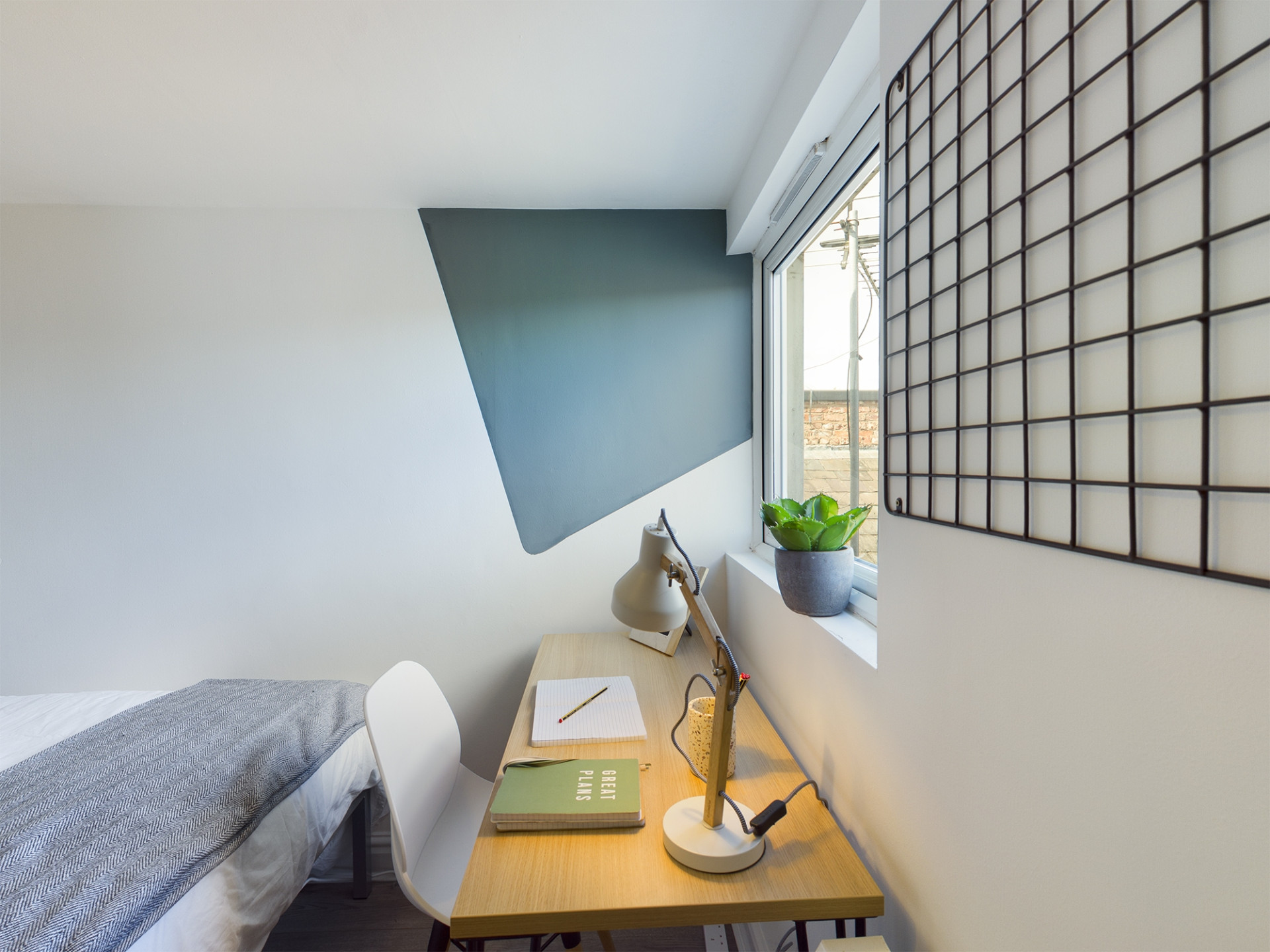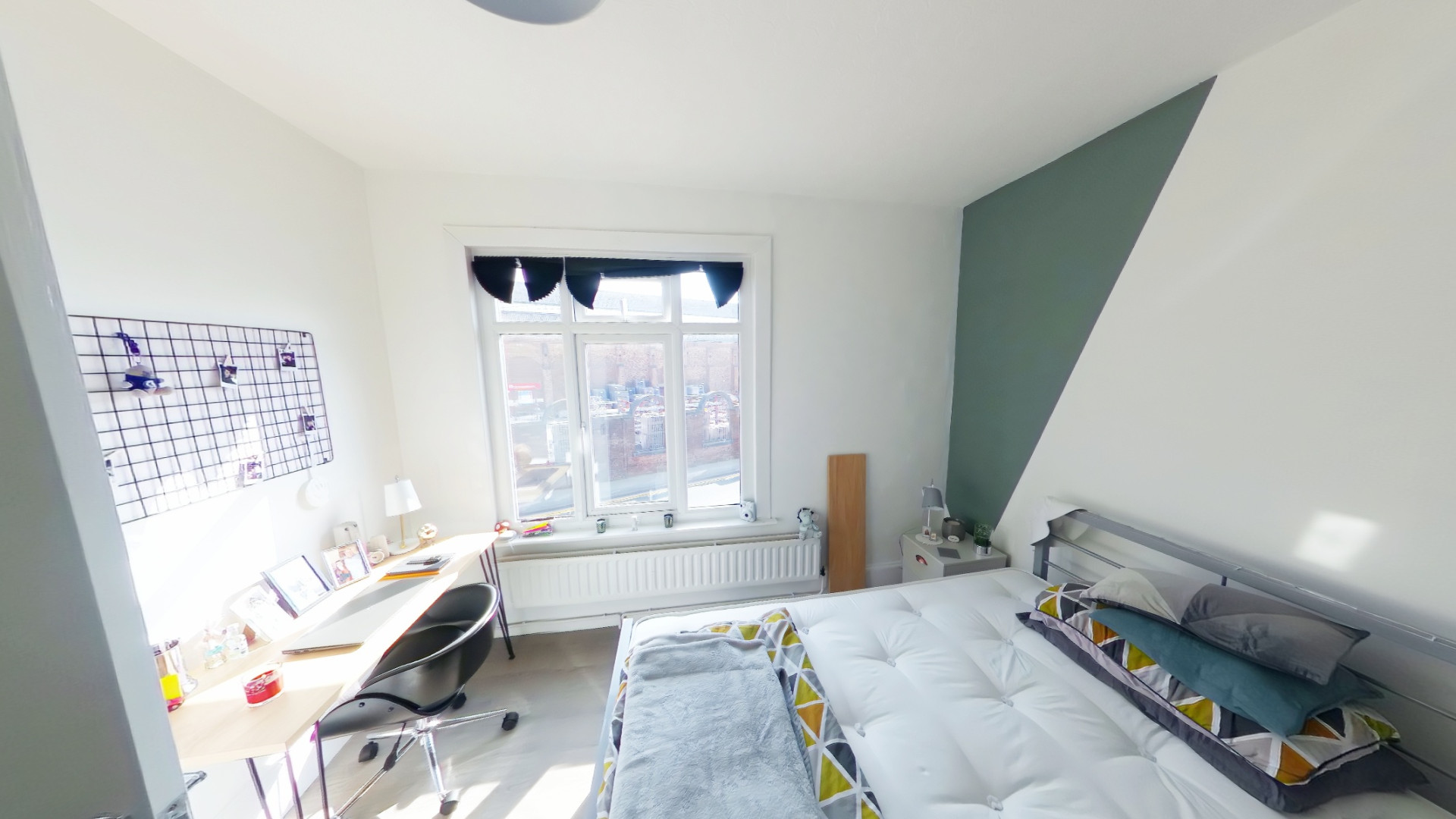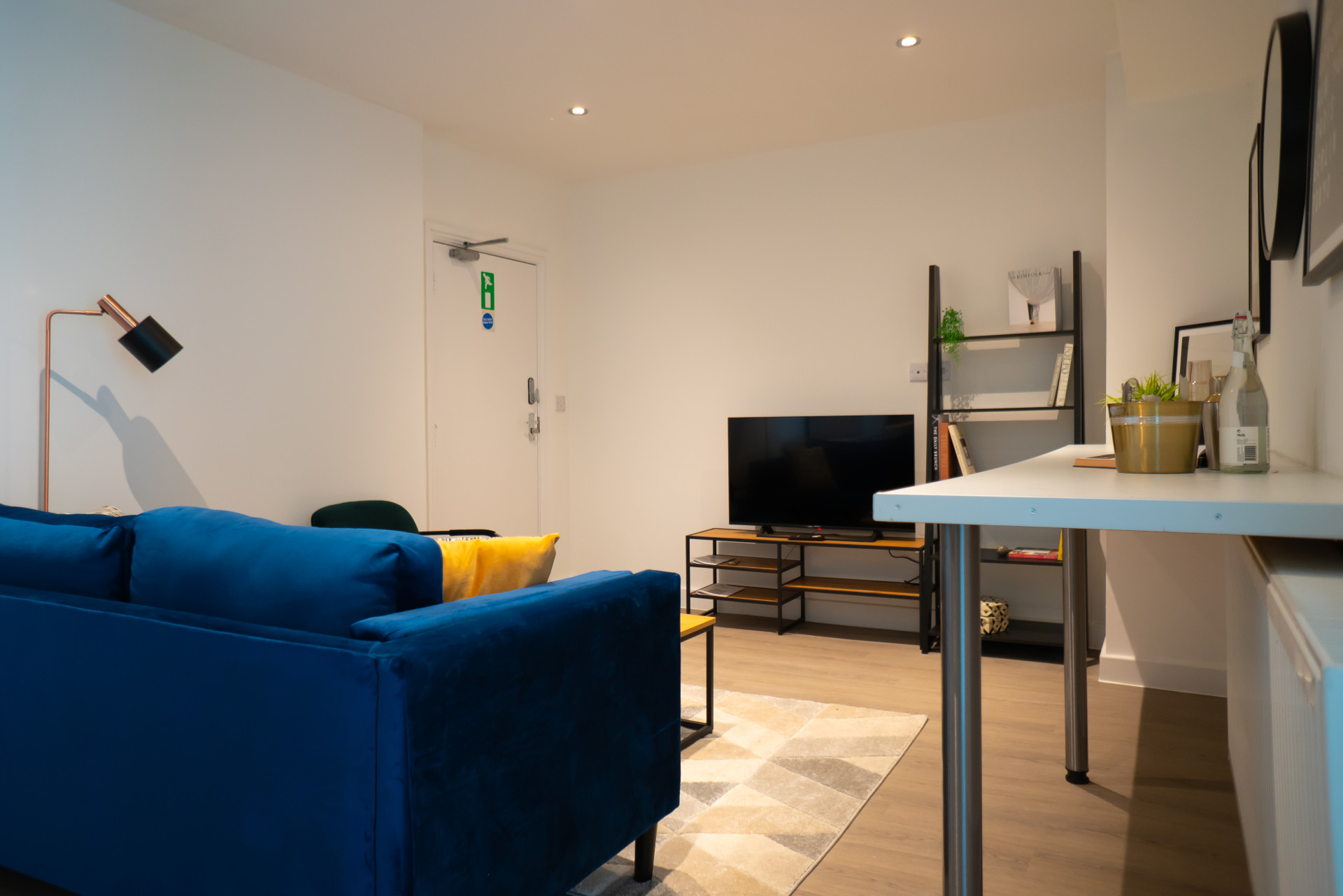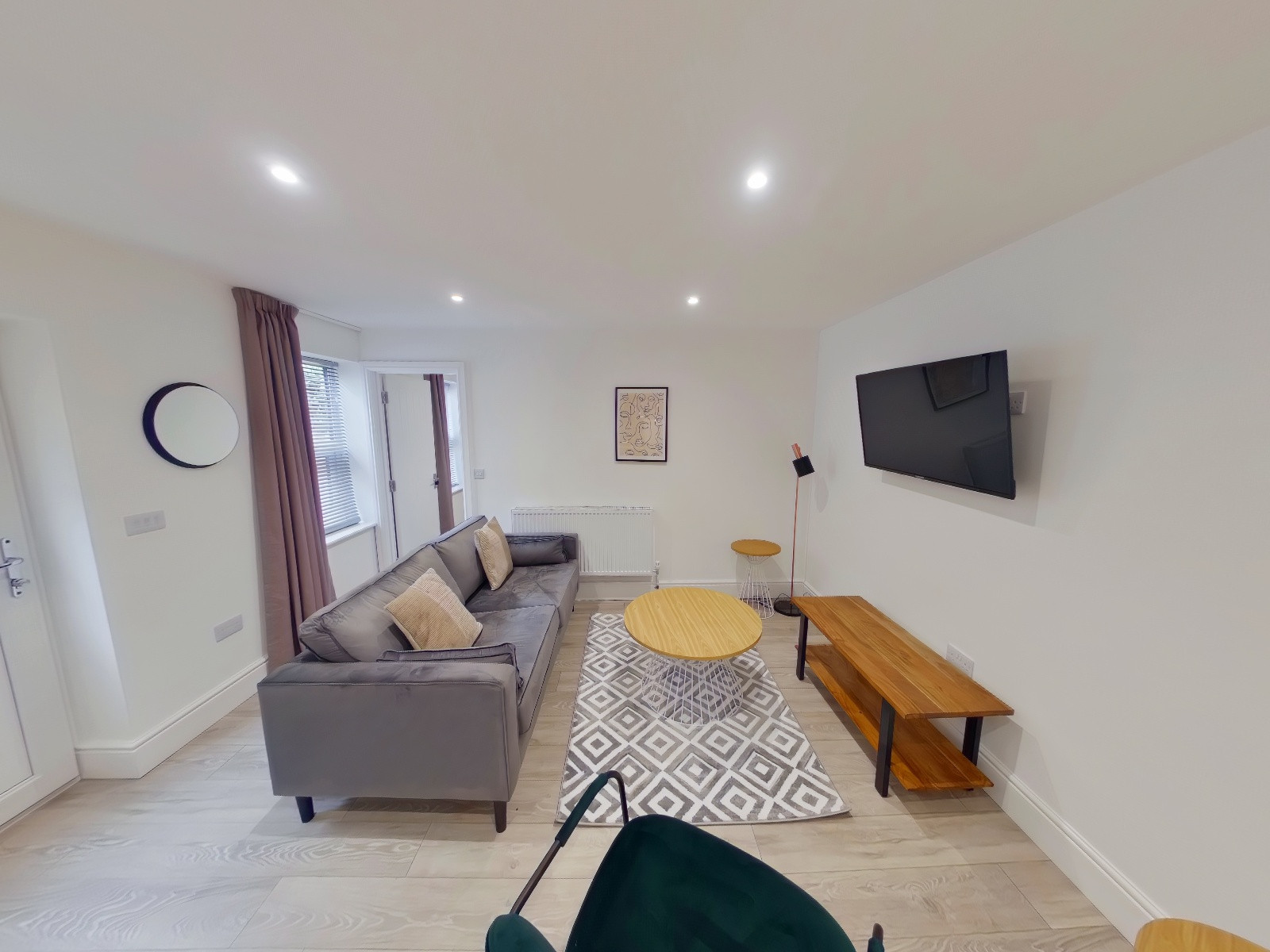How to prepare for student interviews

Feeling anxious while preparing for a university interview is understandable. Here are some tips to feel calmer and succeed in your student interviews.
Do universities interview every applicant?
No. Although student interviews are a significant component of the admission process for the Universities of Oxford and Cambridge, most colleges and universities, including Russell Group institutions, reserve interviews for degree programmes in the fine arts, music, and other specialised fields.
As a potential candidate for the Fine Arts programme, are you looking for further specific guidance? Watch our video below. Alternatively, if you're a music student, check out our most recent blog post, “How to Write a Personal Statement for Music”, for more details on your interview process.
When are student interviews?
Your application date will determine when you get an interview. However, student interviews often begin in November and continue throughout the academic year.
After you have submitted your UCAS application, your desired university will contact you with further information regarding your interview. However, given COVID-19 concerns, it is anticipated that interviews would experience severe interruption.
How do I prepare for a student interview?
At least a week before the actual interview, you should start preparing for it. This includes thinking about your transportation, attire, portfolios (if necessary), and other details.
- Find out where the interview is, and prepare travel arrangements
Make sure you are completely aware of how long the trip will take. Arriving early is a terrific approach to start your interview off well because interviewers place a lot of importance on punctuality when evaluating candidates. You may estimate your journey's length using Google Maps, and you should factor in an extra hour as a safety net in case of traffic, delayed trains, or trouble finding the buildings. Although leaving so much earlier may seem like a hassle, as the anxieties start to set in, you'll be happy to have a little breathing room!
Additionally, if all works smoothly and you arrive to the institution on time, you'll have more time to gather your thoughts, verify any documents you brought, and perhaps even phone a friend or relative for some words of support.
- Prepare loose notes that you can form into answers on the day
Making a list of your interests and past employment, followed by a description of the abilities and qualities you developed from each, is a great strategy for interview preparation.
For instance, you could have worked as an office assistant during the summer. The abilities and characteristics obtained from such experience may include self-motivation, time management, and other abilities.
You might also make a list of the achievements and difficulties you had while engaging in these activities or events. Continuing with the preceding illustration, one difficulty you may have had as an office assistant was a conflict you had with a co-worker in the past. You could have learned from this dispute how to encourage free discourse and pay attention to other people's viewpoints.
Compiling all your notes, considering how you will connect your talents and experiences to the topic you're applying can be the tough part. The connections might not always be clear, and it's possible that the experiences won't always be immediately transferable. However, you should look for some pertinent instances and references that you may use in your interview.

- Get an early night the night before, and make sure you have eaten well and you’re hydrated
Lack of sleep, dehydration, or hunger may make it difficult for you to concentrate throughout the interview. Unfortunately, once nervousness and worry set in, eating and sleeping frequently get the shaft. However, there are several activities you may engage in to relax before the big day. Take a hot bath or shower the night before, for instance, and sip chamomile tea before going to bed.
Why not try eating on a schedule in the days leading up to interview day if you suffer from a suppressed appetite or queasy symptoms when you're anxious? By eating at regular intervals, you'll train your body to feel hungry at particular times of the day, which can assist with stomach upsets
- Don’t know what to wear to the interview? Here you can find some tips about how to dress for university on a budget.
What are the types of questions I will be asked at a student interview, and how do I answer them?
- “Why do you want to study at this university?”
Candidates that are passionate about their university and haven't just picked it because their friends are there or it was the first one they saw online, will stand out to interviewers.
You should now draw on any statistics you are aware of regarding the university because this is a test of your understanding of the institution. For instance, if you're applying to Newcastle Academic, you may mention that our TEF gold-standard instruction is appealing to your interests or that you were motivated by the university studies you stumbled upon..
- What are your strengths and weaknesses?
Many interviewers, whether in a professional or higher education setting, fall back on excuses such as "I'm too much of a perfectionist" or "I'm too hard-working", when asked about their faults.
Claims such as these are apparent, and they don't prove that you can self-critique. Be frank about your shortcomings, but be sure to mention what efforts you're taking to address them. For instance, if you lack confidence while speaking in front of groups, you may have volunteered for online events, taken up a part-time job to hone your people skills, registered in public speaking classes, or even merely developed the habit of rehearsing your presentation in front of the mirror. If you can demonstrate that you are self-aware enough to identify your deficiencies and have a clear vision of how to improve, the steps don't have to be enormous.
When it comes to your strengths, this is your chance to show what you have to offer. Make sure you have some examples of when you have exercised these skills. For instance, if you're a team player and perform well in group work, prove it. Was there a school group project that you managed and excelled in? Do you play football in your spare time, and do you know how to leverage each player’s individual skills or motivate your team? Anyone can claim they have strengths, but being able to explain how you have refined those strengths and put them into practice throughout your life is key.
- What do you like to do in your spare time?
You have the chance to give the interviewers a personal introduction of who you are. Talk about your passions and the beginnings of any hobbies or interests you may have without fear. Discussing your extracurricular interests, such as volunteer work or part-time employment, is a terrific chance at this point as well.
This inquiry may lead to further detailed inquiries about the potential connections between your interests and studies. Therefore, if you regularly go to the gym in your free time, you might argue that the time management and self-discipline that the gym has given you would help you in your chosen field of study.
- Why do you want to study this subject?
This question is crucial since interviewers want to see that you are passionate about the topic matter. Talk about your professional goals and what first interested you in the topic during this part of the interview.
This might be because you loved studying it for your A Levels or because you've always had a natural knack and passion for that specific topic. Avoid using justifications like how much money you could make or what your parents advised you to do. Your justifications must demonstrate your independence and zeal for pursuing a career in your industry.
- How do you think your friends would describe you?
These types of questions are designed to delve deeply into your personality and how you believe others see you. Try to avoid giving basic or "standard" answers; instead, be true and honest in your remarks.
Avoid responses like "they would say I'm amusing" or "a good listener," and instead consider more useful adjectives that the interviewer would remember. A collaborator, a creative, a natural leader, or a voice of reason are a few examples.
How to stand out in a student interview?
Being confident, demonstrating that you have thought about your experiences, and demonstrating that you have understood while responding to the questions asked, as opposed to reshaping the question to something that matches your pre-prepared answers. All are methods that make you stand out during interviews.
Although planning beforehand is a good idea, there is such a thing as overplanning, and part of the interview process will involve handling pressure and thinking on your feet.
Students who respond to a question they have prepared for rather than the one that has been posed is a red flag that we frequently encounter. This could come out as robotic and too prepared.
Are you interested in doing an internship with one of the most revolutionary companies taking the real estate industry by storm? Then, find out more about what an internship experience at Hybr is like here.
Similar articles
Featuredproperties
Get 10% off with

Hybr is Student Bean’s exclusive accommodation partner! This is the first rental discount ever on Student Beans. Created just for you because we know renting sucks.








